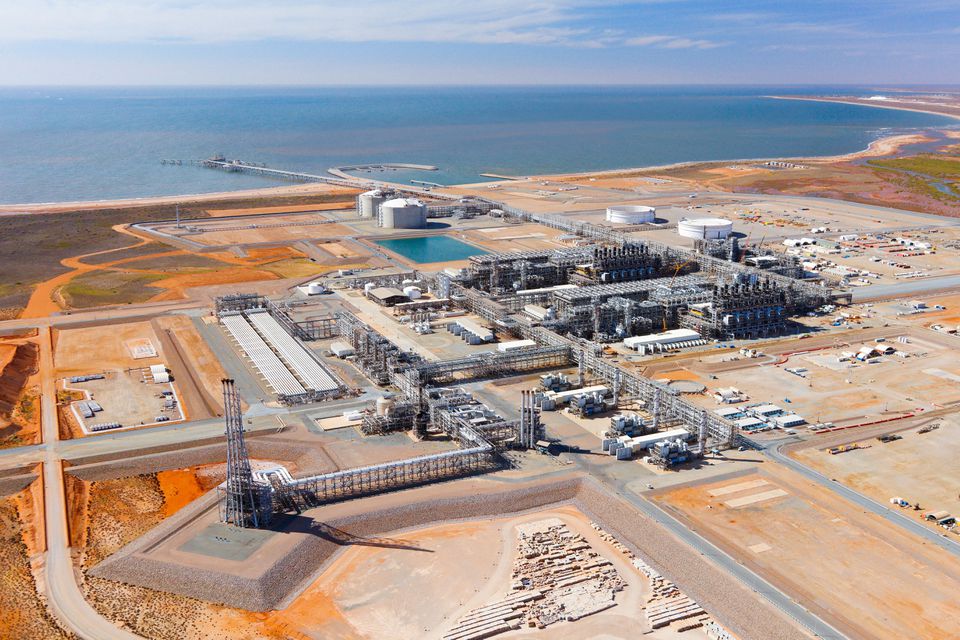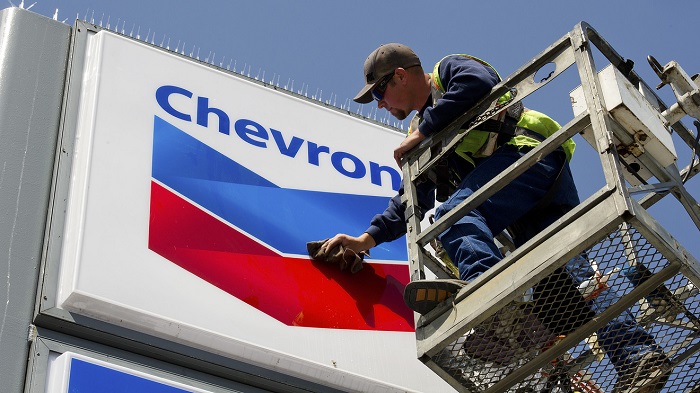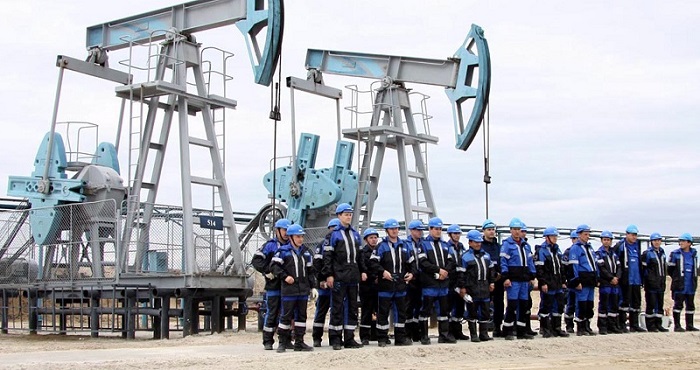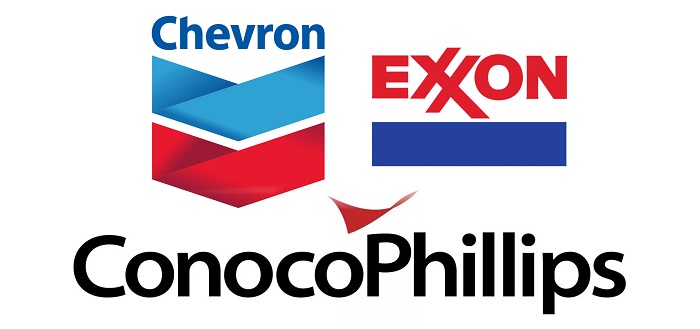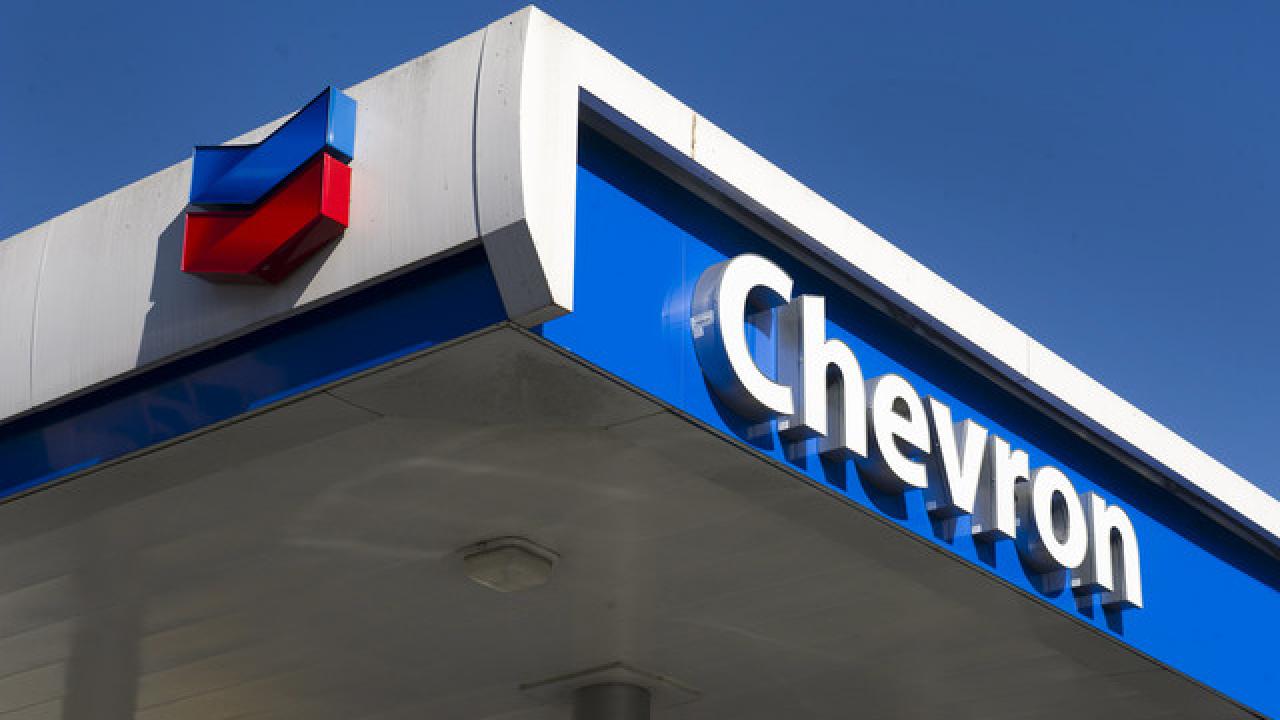Workers at Chevron’s (CVX.N) liquefied natural gas (LNG) projects in Australia went on strike on Friday after talks broke down, potentially disrupting output from facilities that account for over 5% of global supply.
No further talks were scheduled between the unions and the U.S. energy major, according to the website of the Fair Work Commission, Australia’s industrial umpire, which had mediated five days of negotiations.
Australia is the world’s biggest LNG exporter and its main buyers are in Asia. The dispute over wages and conditions at Chevron’s Gorgon and Wheatstone operations has supported British and European gas prices, as traders anticipate lower Australian supplies would intensify competition from other sources.
European gas prices spiked as much as 12% after Friday’s strike news.
The work stoppages, designed to escalate in coming weeks, come after domestic producer Woodside Energy (WDS.AX) averted strikes at its nearby North West Shelf LNG facility last month in a deal with the same unions that raised salaries and made it harder to hire contractors or change rosters.
“Unfortunately, following numerous meetings and conciliation sessions before the Fair Work Commission, we remain apart on key terms,” a Chevron spokesperson said. The company said unions were demanding terms “above and beyond” others in the industry, without elaborating.
Brad Gandy, a spokesperson for the Offshore Alliance, said the union coalition had agreed “in good faith” to the mediated talks, “but after five days Chevron has barely budged”.
“Chevron are being unreasonable and downright unusual in their behaviour,” he said in a statement. “Offshore Alliance members call on them to change tack so this dispute can be settled.”
CHEVRON TO MAINTAIN OPERATIONS
The two sides are at odds on issues including pay, job security, rosters and rules around overtime and transfers between Chevron facilities.
Work stoppages of up to 11 hours are set to continue through Thursday, ratcheting up to a total strike until Sept. 29 if the dispute remains unresolved.
Chevron said it would continue to take steps to maintain operations if any disruptions occur, without giving details. The unions have warned that the LNG plant would have to be shut down “if there are not competent personnel to undertake handovers during work stoppages”.
How the disruption could play out was not immediately clear. China and Japan are the top two buyers of Australian LNG, followed by South Korea and Taiwan.
Energy analyst Saul Kavonic said the strikes appeared to be designed to put more pressure on Chevron to cut a deal rather than substantially affect production.
“A full shutdown of the facilities simply cannot occur for long as it would cause an energy crisis in Western Australia that would see the government intervene to halt any strikes,” he said.
The strikes had been scheduled to begin on Thursday morning, but unions pushed back the start twice after making progress in the mediated talks.



